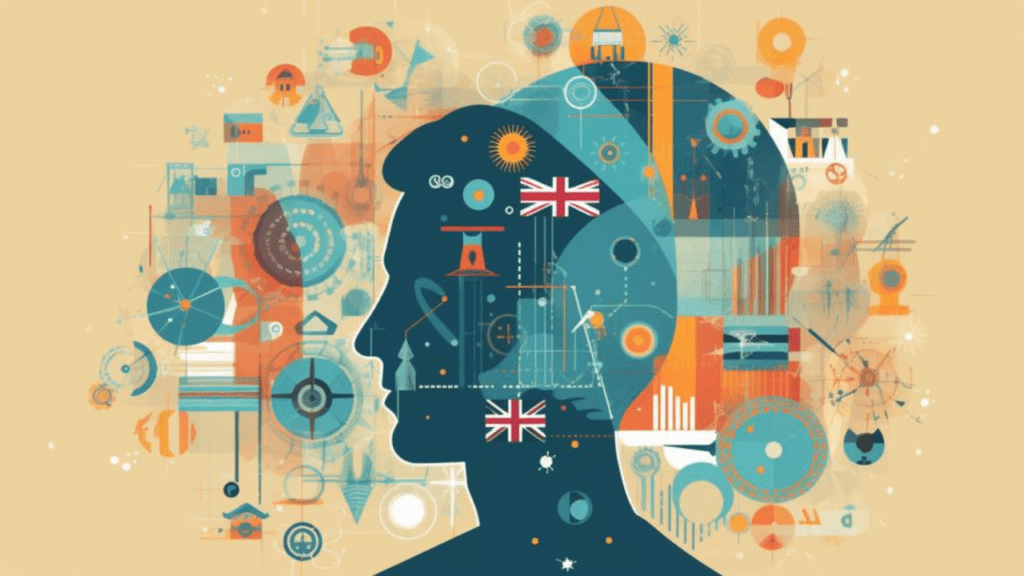Photo was created by Webthat using MidJourney
AI Boosts Efficiency: Accounting Firm’s Success Story
Artificial intelligence (AI) is revolutionizing the way businesses operate, and HLB Mann Judd, an accounting firm, is no exception. Fiona Dixon, a partner heading up business transformation, shares their success story.
By implementing AI systems, Dixon’s team has saved approximately 2,700 working hours in the past six months. Mundane and routine tasks that once consumed their workday have been automated, allowing accountants to focus on more meaningful and strategic work.
The investment in AI technologies has not only increased efficiency within the firm but has also contributed to the significant rally in tech stocks this year, with the Nasdaq soaring over $US4 trillion ($6 trillion).
The Automation Focus: AI and Machine Learning in the Pipeline
While HLB Mann Judd currently emphasizes automation, their plans extend further into the realm of AI and machine learning. The firm recognizes the potential of these technologies to drive productivity gains and enhance their services.
By leveraging AI’s capabilities, they aim to unlock new opportunities for process optimization, data analysis, and decision-making. This strategic approach showcases HLB Mann Judd’s commitment to staying at the forefront of technological advancements and leveraging them to benefit their clients and their own operations.
Job Transformation, Not Job Losses: AI’s Positive Impact
Advocates of AI believe that its adoption will not lead to widespread job losses but rather enable workers to focus on more valuable and fulfilling tasks. According to Goldman Sachs economist Joseph Briggs, AI has the potential to improve the world’s GDP by 7% in the next decade, amounting to approximately $10 trillion.
Furthermore, he suggests that while about two-thirds of existing occupations could be partially automated by AI, the emergence of new job roles that we cannot even imagine yet is likely.
This perspective highlights the transformative power of AI and its ability to create opportunities for innovation and growth across industries.
The Dual Nature of AI: Potential Job Losses and Gains
The introduction of AI does raise concerns about potential job losses. Research by Statista indicates that while AI could create 69 million new jobs worldwide, it could also result in 83 million job losses.
It is a complex landscape where the impact of AI on employment is nuanced and depends on various factors. However, companies worldwide are increasingly recognizing the potential of AI and actively exploring its integration into their operations.
China leads the way in AI adoption, with approximately 60% of IT professionals stating that their organizations are actively implementing AI technologies.
The Australian Perspective
In Australia, workers express mixed sentiments about AI’s impact on their jobs. A survey by Microsoft reveals that 46% of Australian workers are concerned about AI taking over their roles. However, interestingly, 65% of the same respondents express willingness to delegate menial tasks to AI.
Microsoft’s director of surface and modern work in Australia, Jane Mackarell, suggests that the impact of AI on jobs is not a straightforward “replacement vs. unemployment” scenario. While certain roles may shift or evolve, there is an opportunity for workers to focus on creativity, innovation, and higher-value tasks.
Employers in Australia also exhibit a stronger interest in leveraging AI for productivity gains rather than reducing headcount, indicating a desire to balance efficiency improvements with job security.
Addressing Australia’s Productivity Challenge
Australia faces a productivity challenge, with a decline of 3.5% in productivity growth in the past year. This decline directly affects the country’s economic well-being. Amitabh Sinha, an AI expert and the CEO of Zetta AI, emphasizes the potential of AI in addressing this challenge.
AI’s transformative power extends across various sectors, particularly impacting white-collar jobs. Professions such as lawyers, consultants, and telemarketers are expected to face significant changes as AI systems increasingly automate routine tasks and assist with complex analysis.
However, AI also presents opportunities for growth and improvement in sectors like education, where AI-enabled personalized learning experiences can enhance educational outcomes and bridge learning gaps.
CLICK HERE TO READ MORE ON WEBTHAT NEWS

